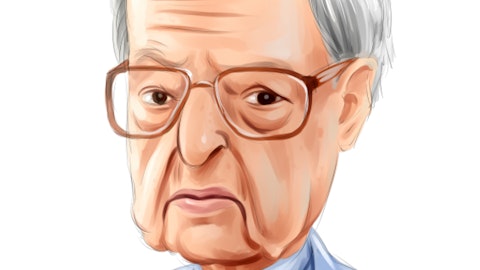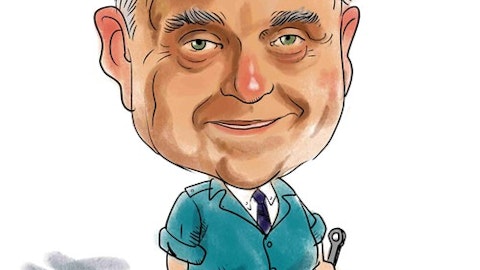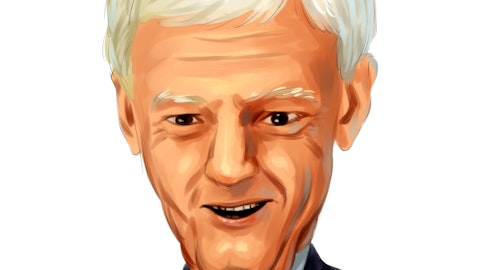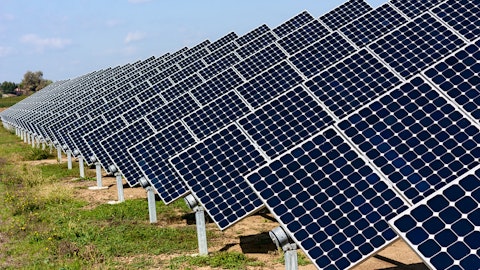Nearly 50% of Americans self-report that they have poor-quality sleep. Most of these people are actively looking for solutions to help them fall asleep faster and stay asleep longer.
One entrepreneur, Michael Kisch, is creating high-tech tools to help people improve the quality and quantity of their sleep. His company, beddr, makes a postage stamp-sized sensor called the Sleep Tuner. A person wears the Sleep Tuner on their forehead. The device measures heart rate, oxygen saturation and movement. The tuner connects with an app so the person can see a sleep report and track sleep over time. The app also includes access to sleep “coaches.” The coaches offer help with lifestyle changes, and they can make referrals to sleep medicine physicians for people who need medical help or mental health counseling.
How Beddr Got Its Start
Beddr’s headquarters is in Mountain View, CA. Kish started it in 2016 after dealing with his own sleep problems. Kisch said that his sleep issues interfered with his relationships, mental well-being and physical health. Beddr has applied for regulatory approval for its device to detect sleep apnea. Up to 22 million Americans have sleep apnea, but 80% don’t know they have it. The condition is associated with a higher risk of heart disease, obesity and diabetes. People who aren’t treated for their sleep apnea feel daytime fatigue even though they technically get a full night’s sleep.
The Sleep Technology Market Is Growing
Several other companies are also getting into sleep technology. The options include accessories that fit onto the bed, smart mattresses, wearable devices and coaching apps. The sleep health and technology industry is estimated to be worth $30 billion to $40 billion. It could be worth even more if the 50 million to 70 million Americans with sleep apnea all got the treatment they need.
Wearable Devices for Improving Sleep
Wearable devices allow users to find out how well they sleep. These devices also point out behaviors that may interrupt sleep, such as bringing their phone into their bed or drinking coffee after dinner. The Oura health-tracking ring and Whoop bracelet are two wearable devices that focus on sleep. Fitbit is also doing more with its technology. It’s working on reconfiguring its devices to be able to detect sleep apnea. Verily and ResMed are partnering to make a wearable device to detect sleep apnea. Apple, which purchased the sleep tech firm Beddit, may also be developing a wearable device to promote better sleep.
How to Make the Most of Sleep Tech
Kisch recommends that large employers offer his wellness tools as an employee perk. He’s also working with regulators and sleep medicine doctors to make it easier for people to get a diagnosis based on the data collected by the devices. That would make access to care easier. The data could be transmitted to the doctor, and the patient could see the doctor with a telehealth visit. Kisch admits that peer-reviewed studies are needed in order to determine if his approach is solid.
Sleep Help Doesn’t Have to Be Expensive
Sleep technology is cool and fun, but following sound medical advice is also wise. Following a regular sleep schedule is important to maintaining a healthy circadian rhythm. Just tracking sleep but not doing anything about it has a diminishing return. Some people may get even more anxious if they track their sleep and realize they don’t get enough of it. Kisch wants to pair his service with CBT for anxiety. Sleep medicine doctors are open to technology and recommending it to their patients.
They also want their patients to follow good sleep hygiene. People with sleep trouble could wear one of the sleep tracking devices and implement other recommendations at the same time. You may be using your phone in bed or sleeping on a twin bed when your size requires more space. Finding the right size mattress, shutting off all devices at least 30 minutes before bed and keeping a healthy diet will all contribute to better rest. If you don’t get enough sleep or wake up in the middle of the night, avoid caffeine after noon. Reduce alcohol consumption. Avoid eating meals or exercising too close to bedtime. Keep your bedroom cool, dark and quiet.





